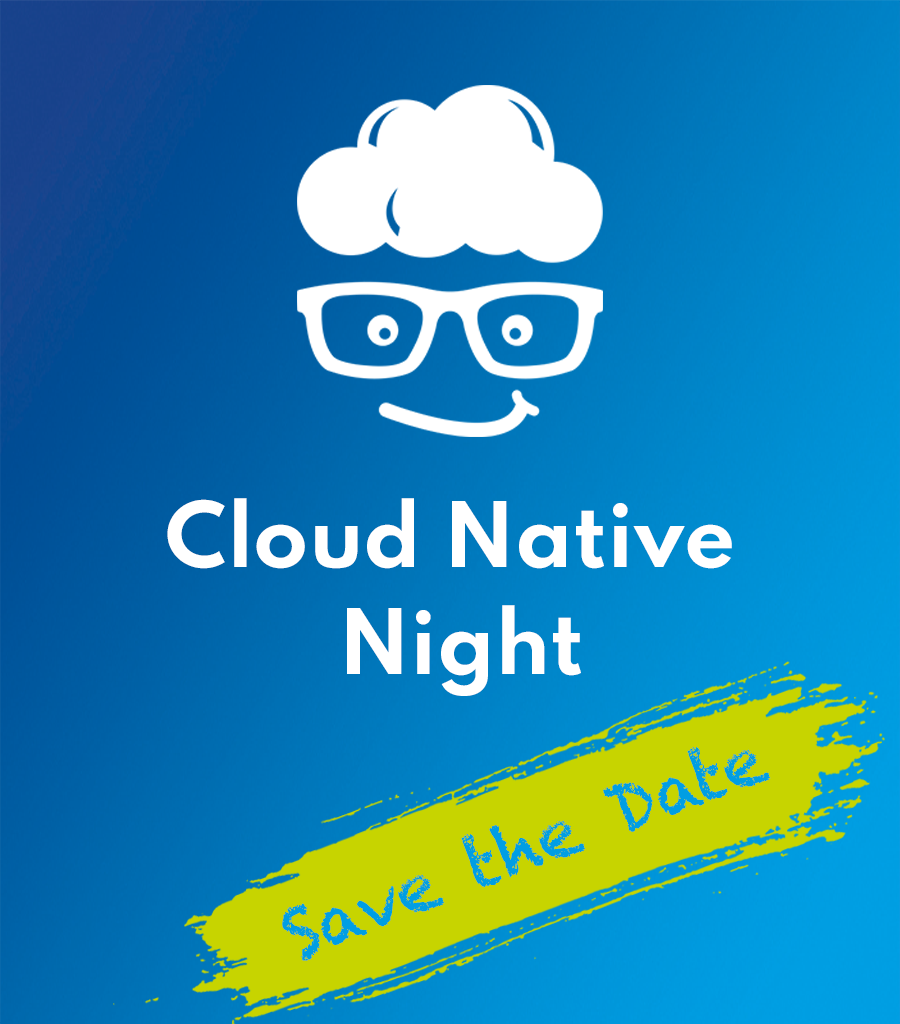Terraform is not enough! #pluginFramework #k8s #operator
Watch Recording
In this Meetup we’ll look into what comes after mastering the typical suspects of Infrastructure as Code tools such as Terraform. What if Terraform does not support some component of your infrastructure? What if your users have just learned Kubernetes and don’t want to version infrastructure separately from your Kubernetes manifests in HCL?
We’ll show you how to extend Terraform to your needs and look into the future of building true self-service platforms using k8s operators such as Crossplane and others.
We’re looking forward to see you there!
Abstracts
Terraform everything!
Terraform is one of the most popular tools for infrastructure automation. With over 1000 plugins for different cloud providers and technologies, almost everything can be automated out-of-the-box. But aside from the plugins for the big public cloud providers, many plugins are either community-maintained or provided by the vendor of the respective product. More often than not, the lacking quality in said plugins prevents or limits the productive use.
This talk will demonstrate how quickly you can develop your own Terraform provider so you can automate any system exactly to your requirements.
$ kubectl apply -f cloud-Infrastructure.yaml with Crossplane et al.
Simple and efficient development of cloud-native applications still poses significant challenges for many teams. In addition to the implementation of features and microservices, developers are now often also responsible for building the required cloud services with Infrastructure as Code à la Terraform. Unfortunately, this quickly leads to high cognitive overload and suboptimal solutions.
Crossplane, ACK and other open source add-ons for Kubernetes try to address this problem. With these extensions, cloud infrastructure can be declaratively provisioned easily without writing a single line of code. This session shows the practical use of both technologies and its core functions, using AWS and GCP as an example, as well as the seamless integration with a GitOps approach.








